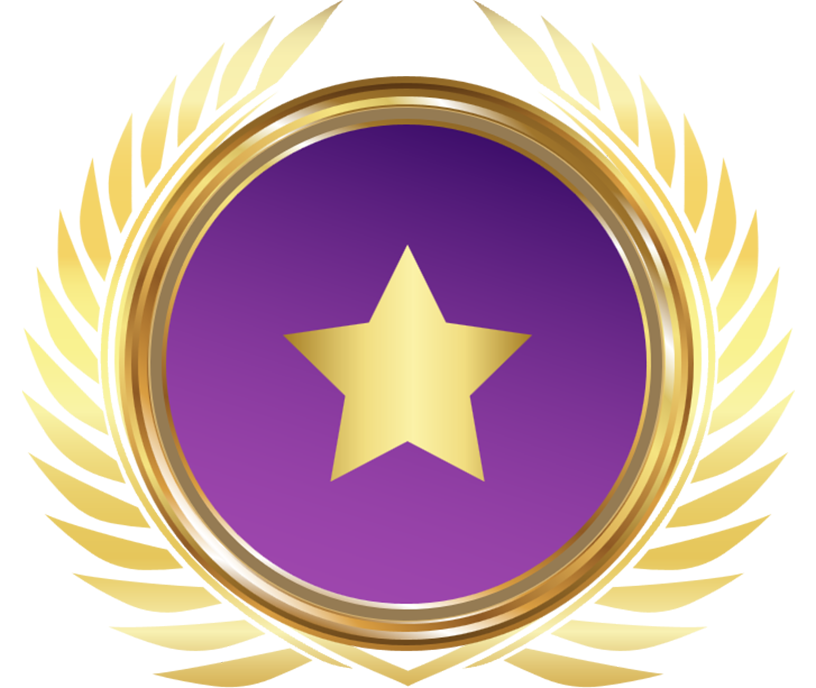

Trần Văn Đạt
Giới thiệu về bản thân



































Lifelong learning offers a wealth of advantages in our rapidly evolving world. Continuously acquiring new skills and knowledge enhances adaptability, making individuals more resilient in the face of change, whether in their careers or personal lives. It fosters intellectual curiosity and keeps the mind sharp, promoting cognitive health and a sense of purpose. Furthermore, lifelong learning opens doors to new opportunities, broadens perspectives, and enriches social connections through shared learning experiences. However, this journey is not without its hurdles. Time constraints often pose a significant challenge, as juggling work, family, and learning can be demanding. Financial barriers can also restrict access to certain educational resources and programs. Moreover, maintaining motivation and overcoming plateaus in learning requires discipline and perseverance. The sheer volume of information available can also feel overwhelming, necessitating effective strategies for filtering and processing new knowledge. Despite these challenges, the rewards of lifelong learning – personal growth, enhanced skills, and a more engaged life – make it a worthwhile endeavor.
Walt Disney is one of the most influential filmmakers and creators in the history of the entertainment industry. Born in Chicago in 1901, Disney began his artistic career at a young age, studying drawing and developing his passion for animation. He created legendary characters such as Mickey Mouse, as well as classic films like Snow White and the Seven Dwarfs and Cinderella, which elevated the animation industry to new heights.
In addition to film, Walt Disney is also famous for founding iconic amusement parks like Disneyland and Walt Disney World, which attract millions of visitors each year. These parks are not only places of entertainment but also magical worlds that provide wonderful experiences for all ages. His success was also supported by his family, particularly his brother Roy and his wife Lillian Bounds, who always supported and accompanied him throughout his career. Walt Disney passed away in 1966 due to complications from lung cancer.
Single-use plastic is having serious impacts on the environment. Products like plastic bags, water bottles, and straws are used only once and then discarded, taking decades or even centuries to decompose completely. During this time, plastics release toxic chemicals and microplastics, polluting water sources and damaging ecosystems.
To mitigate the impact of single-use plastics, we need to change consumption habits and implement more sustainable solutions. First, we can replace plastic products with environmentally friendly materials, such as fabric bags, glass bottles, or bamboo and stainless steel straws. Additionally, businesses and manufacturers should invest in research to develop biodegradable and recyclable materials. Recycling and sorting plastic waste at the source is also essential to reduce the amount of waste sent to landfills. Alongside these actions, raising public awareness and implementing policies to limit single-use plastics can help protect our environment for current and future generations.
In my opinion, celebrating foreign festivals such as Christmas is not a cause for concern, but it helps people learn and explore about their origins, which is a good thing. However, if young people rely too much on foreign cultural festivals, it will lead to the fading of the country's traditions, which is a cause for concern. Instead, participating in foreign festivals just to explore and have fun is a good thing to do because it will help keep the learning and exploration and preserve the country's traditions.